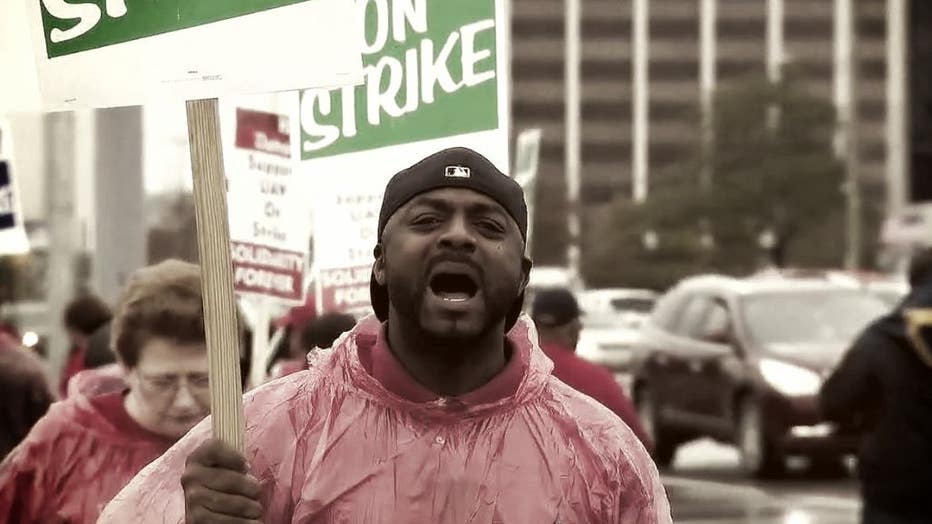State officials brace for economic impact of possible auto worker strike in fall
State budget director considers worst-case scenario of auto strike
Governor Gretchen Whitmer's budget director is hoping there won't be an auto strike this fall but plans for the worst-case scenario are beginning to take shape.
LANSING, Mich. (FOX 2) - Governor Gretchen Whitmer's budget director is hoping there won't be an auto strike this fall but plans for the worst-case scenario are beginning to take shape.
The harsh reality is, if there is an auto strike, the financial impact will be harsh.
"An auto strike would certainly have, could have an impact on the state's revenues," said Chris Harkins, the state budget director.
That's because if these workers are working the picket line and not the assembly line they are not paying the state income tax and they won't be buying a lot of new stuff.
As a result, the state sales tax would take a hit too, and it's anybody's guess how much money could be lost.
"It's an item that we've begun to discuss," Harkins said. "We have a lot of risks that we discuss. The Covid pandemic might not have been on our risk board a few years ago, but I'm hoping it's not an item we have to worry about too terribly much."
During the last 2019 UAW strike that lasted six weeks, the state lost $228 million.
General Motors took a financial hit to the tune of $600 million - and workers at some 50 plants took a hefty 80% pay cut. They got only about $250 a week in strike pay.
With those mammoth numbers starring Harkins in the face, he was asked if he had put new numbers to paper on what might happen in 2023.
"I have not done that yet," he said. "We're having those sorts of conversations but I don't know if we've got anything firm. I think that's still pretty far down the road."
And he along with other officials in Lansing, has his fingers crossed.
"I'm hoping it's not an item we need to worry about, too terribly much," Harkins said.


